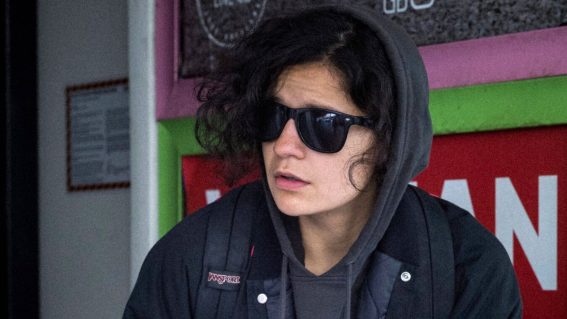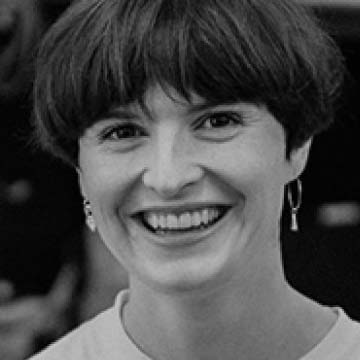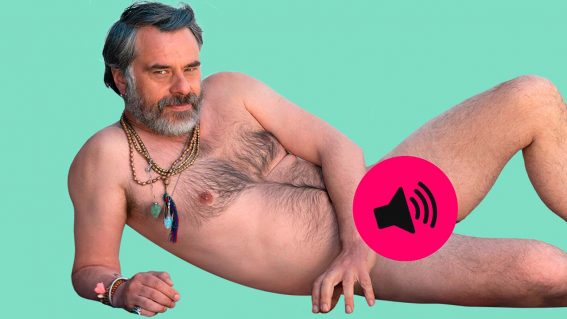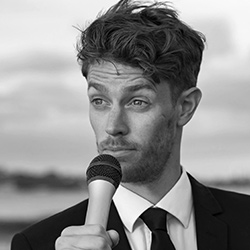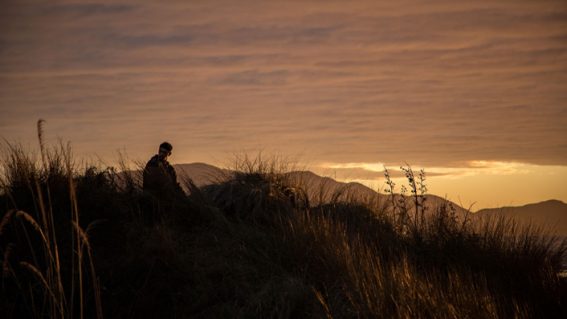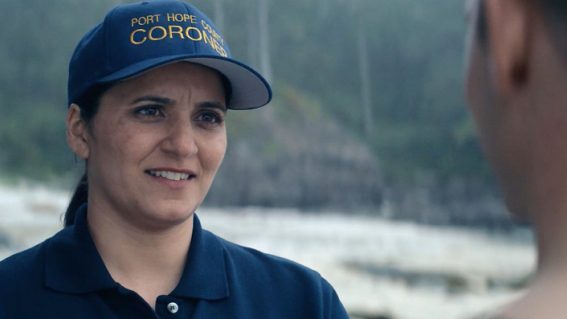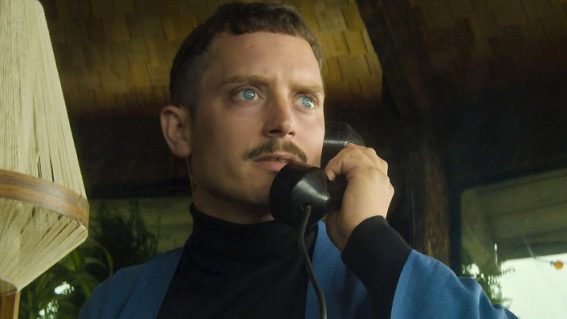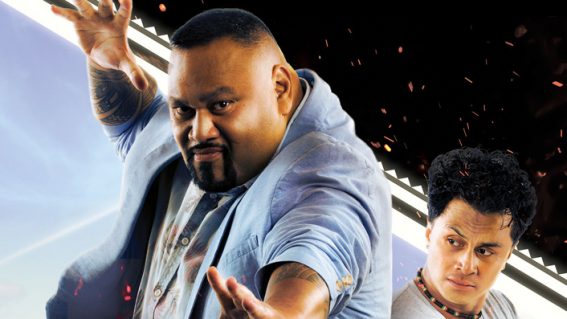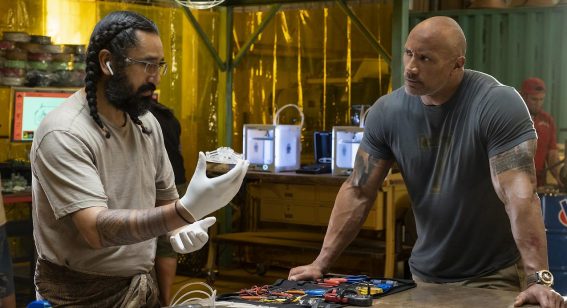In the Zone interview: “When there’s kids involved I become very protective”
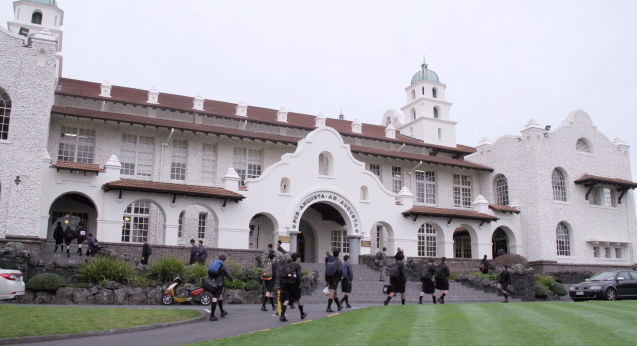
In the Zone is a local documentary following Terrance Wallace, a driven American who relocated to New Zealand, determined to make a positive difference. Soon after touching down, Wallace set about establishing an educational programme for underprivileged Māori and Pasifika teenagers so they could study in one of the country’s most sought-after school zones.
With his InZone programme being a well-documented success, and Wallace having developed a similar scheme back in the country of his birth, In the Zone looks at what makes this effort against inequality tick.
Steve Newall spoke with Wallace the day after the documentary premiered.
FLICKS: Over a four-year filming process, how did you feel about the presence of the cameras over that time? Did it become second nature?
TERRANCE WALLACE: After a while, it did. I found it to be very invasive at first. I was wondering, “What can I say? What can I say?” Because once it’s recorded on camera or spoken through a mic, it lives.
Of course, the relationship between myself and Robyn [Paterson, director] and Vendetta Films had developed over a period of time. I became more comfortable in understanding their motives behind creating the film.
When there’s kids involved I become very protective and nervous about the representation of their stories and their families. Going back to Chicago, becoming open with my family, where I come from, it was a very vulnerable position to be in. But I thought that they did an extraordinary job of capturing that, and good for me in a sense of letting my kids know no matter where you come from, no matter what your beginnings are, it does not have to be your ending. And so I was pleased with how she was able to create that narrative in a very powerful way.
Going back to that long duration of shooting – and obviously time’s elapsed subsequent to that as well – do you see changes in yourself as you watch the film?
Yeah. I can remember every moment of that filming process, and some of the events that took place during the four years were very challenging times for me and the organisation. In my case, particularly when I was making the decision to return back home, that was a very tough decision to make. It affected a lot of people in the InZone family.
Looking back, it provoked all sorts of emotions around that. However, seeing the finishing of it, and what came after… I hate to describe it this way, but sometimes we don’t know why certain things happen in life and we always question why. And I think seeing the film allowed me to see things happen, more so than anybody else could see. No one could look at that and know what was happening when, and all these things, but me. But to see me go through that, and then see the other side of it all captured in one film is just stunning in my opinion.

Watching it all distilled down to a simple story for the viewer, do you think it translates? How do you feel about the way the story’s been told?
I’m pleased with the way the story has been told. I think that there are a number of things that I, of course in going through the process, would hope that the viewer would get from the film. And while returning back to Chicago, it captured that, it also shows that on the other side there still is a connection in those kids.
What I hope is that people would view it and really tap into the cultural divides that exist around the world, and decide to make decisions or be inspired to make decisions where they participate in building bridges, and to challenge in a very positive manner the divide or areas of segregation. Because as a people across the nation, when that happens, then we’re in a very vulnerable position and a weak position as a body or a nation.
We take things like school zoning and even just the economic ups and downs of certain neighbourhoods for granted. As a New Zealander, I started to pick apart the issue from a different point of view after trying to see it through your eyes. It’s a complex set of factors rolled into one – part classism, it’s part racism, it’s part economics. What do the various components look like to you?
I think it’s a variety of things. When you have generational poverty or cycles within a community, there is obviously lack of resources in education, employment, and when that happens the sort of next step from that in most cases is that young people, especially, get lured into other things. And so the value of education is not something that’s highly regarded, and earning a living by working is also not valued.
What I found was quite an eye-opener for me. First of all, you had a government that will give kids a benefit at 16 years old and tell them that they’re free to drop out of school. And I would ask kids, “Well, what are you going to do when you grow up?” And it’s like, “Oh, I’m just going to get out of school and get on the benefit.” And I’m just like, “What?!” I could not understand that a kid would be looking forward to living off of a government benefit. I couldn’t. But it spoke to the environment that these particular kids were in.
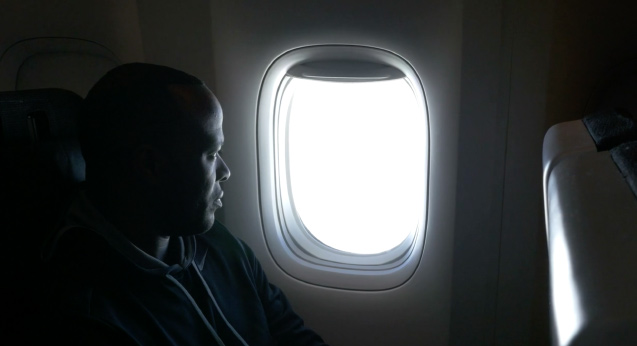
As I traveled around and saw the difference between the communities that had resources, what New Zealand classifies as a decile 10 school, and the communities where there is lack of resources, where they classify as a decile 1 school, I realized it’s not the quality of education that’s lacking. Many of the teachers, the educators in those facilities are not less qualified and/or skilled than those that are in decile 10 schools. However, they are challenged with some very significant things that I think keeps them under-performing; meaning that kids live in a community where parents have lack of financial means, and/or have some dysfunctional behaviour in the house, can’t put food on the table, there’s gangs, drugs, in the community, then those kids are being lured in all these other directions. So by the time they get to the classroom, an educator who’s taught to deliver a curriculum to help kids get to the next academic standard is faced with spending at least 40% to 50% of the time trying to deliver social services of which they were not qualified to deliver.
And so classrooms fall further behind. By the time that kid gets to a certain grade level, they’ve lost the confidence they need to endure through the next level of the education. So creating an environment outside of that and creating a—I hate to say it this way—sort of a surrogate family to support or feed that kid and give them the support that they need to transition through education was how I saw trying to provide a solution for some of the systemic challenges that these particular communities faced.
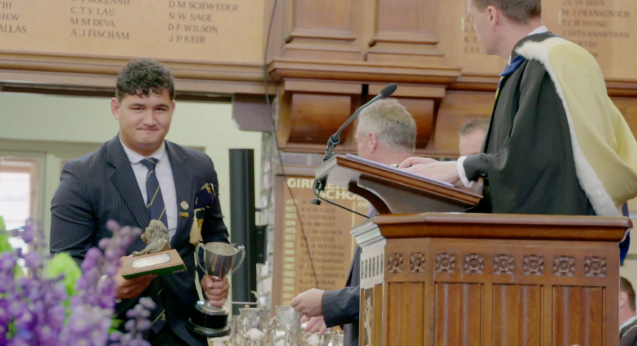
I think the issue of surrogacy is a very critical one. There was some sobering reading in the New Zealand Herald a couple of months ago that really strongly critiqued this myth that anyone can get ahead, anyone can succeed, and that there’s this huge social mobility . Research shows that the vast majority of people are constrained by their upbringing. Does the surrogate family aspect help to fix that problem specifically, do you think?
The evidence is there within InZone. Although I became a guardian, I was co-parenting, and I became, with my team, the surrogate family for each of our young people. And I think that the results that we have in the achievements of each of our kids to date has broken cycles within that family, meaning that some of them are the first to go into university, the first to perform at an academic level that they have, the first to have access to networks to get employment. And I mean gainful employment, not some minimum wage job. Some of our kids have really landed some really great jobs, and if you hear them talk about it, it would have not been so if they didn’t have access to the environment that they were accepted into.
How do you feel about what’s happening in the United States at present? Has your viewpoint changed since you returned and started spending more time there again?
Yes. The state of America, in my opinion, has regressed in several ways. Obviously, there are some ways in which we’ve progressed, but when it comes to the marginalized, and the disadvantaged, and people who live in communities where the violence is shockingly dangerous, the African America male—young male in particular—it’s like you can almost predict that there’s a hit on his life if he’s living in a particular area.
The challenge that I was faced with back home was—and this is a question the parent has to answer for themselves—does a parent take the risk of keeping their kid at home and wondering if they’re going to make it into the classroom safely or end up in a body bag, or do I send them to a surrogate family such as InZone and have a different risk? They’ll have great education, have a faith community, there won’t be gunshots. However, they’re faced with the decision if they will be gunned down by a police officer. And some parents made a decision that they would rather take their chances and keep them at home because they were afraid of the racial tension that was being projected from the White House. I think that with the current government, this is something that is supported, a kind of behaviour that is not – I don’t know – reeled in, or kind of corrected. They have full freedom to do this. It’s not right.
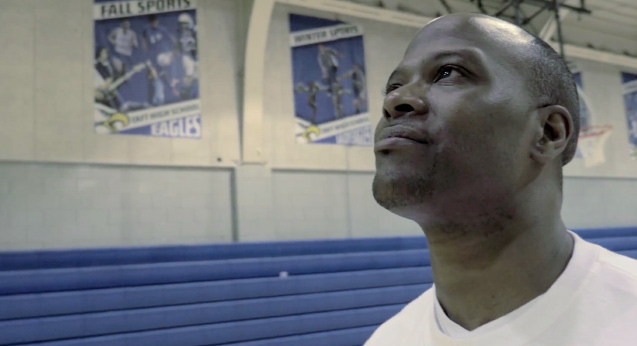
As an educator, as a mentor, and as a guardian, do you feel obligated to assist young men in being able to negotiate that issue? And so how does that make you feel?
Oh, absolutely. We have to teach them how to conduct themselves when dealing with law enforcement. And not only law enforcement, but when they in the classroom. If there’s any racial tension that arises, we teach them how to conduct themselves. But I will be honest and say that the schools that the kids attend in the US, they have been more than cooperative and supportive in treating our kids fairly, and not making them feel like some outsider. So the schools have been great. It’s just the incidents with the law. But other than that, the rest of the community has really been great.


